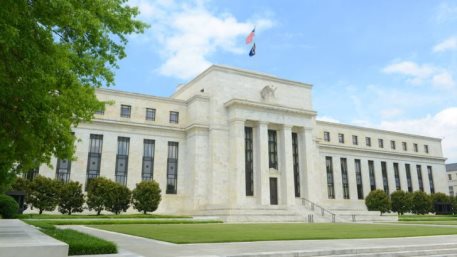
The US is thrown into civil chaos, not least because of the deeply-rooted racial prejudices that divide American society. In the wake of George Floyd's murder, sympathisers to the Black Lives Matter (BLM) movement have taken to the streets all over the world, to express their support for the ongoing struggle in America for racial equality.
This cosmopolitan response to an issue that is prevalent but not exclusive to the US has sparked heated debates amongst political commentators, concerning the profound implications that such a public awareness on a global scale could have for world governance in the long term.
The good news is the common response to an American issue means that people do not need to refer to their own nation state's boundaries in order to identify with a common cause when they feel like the pillars of liberal democracy – freedom and equality – are being threatened. This is demonstrative of the so-called stakeholder theory in political thought.
Essentially, the theory postulates that global awareness concerning a widespread issue or a set of issues can be raised whenever people relate to a common cause. This, in turn, could help for the resolution of prominent challenges to the world community that extend beyond the borders of a single country. Case in point being racial intolerance and segregation, which is not exclusively an American predicament, as was mentioned above. The murder of George Floyd served as a catalyst for pre-existing tensions and feelings. The symbolic importance of the killing consolidated those and raised awareness to a single problem across the world.
The unscripted global outcry against racial discrimination could sow the seeds of a cosmopolitan civil society in the near future. The feeling of a mutual stake in global politics could bring together individuals and states on an unprecedented scale. Such an alignment of people who share a common goal or a set of goals could alter the international political landscape. Consequently, this could help for the resolution of other global threats such as fast climate change and the proliferation of Weapons of Mass Destructions (WMDs).
On the other hand, the boisterous demonstrations could quickly turn into out of hand riots, thereby shifting the focus away from the struggles of the BLM movement. We have already raised a case against the inconsiderate destruction of cultural monuments, even if they are dedicated to controversial historical figures. Such a mob mentality could promptly hijack the original purpose of the protests, and transform them into unremarkable, rage-driven demonstrations.
The problem with Liberalism taken to its extreme is that it makes self-proclaimed liberals disregard their own beliefs when the emotions of the demonstrators peak and become uncontrollable. In its extreme form, Liberalism becomes a stringently narrow model. Take, for instance, the recent destruction of Edward Colston's statue in Bristol. Normally, liberals might find its continuous existence offensive and even repulsive, but they wouldn't consent to its spontaneous destruction.
So why is this such a big problem? Under a genuinely cosmopolitan and multicultural society, such intolerant actions cannot be allowed, even if the perpetrators believe it is for a good cause. The anger of the mob could essentially subvert the very cause that so many protestors have made it explicitly clear they support.




















